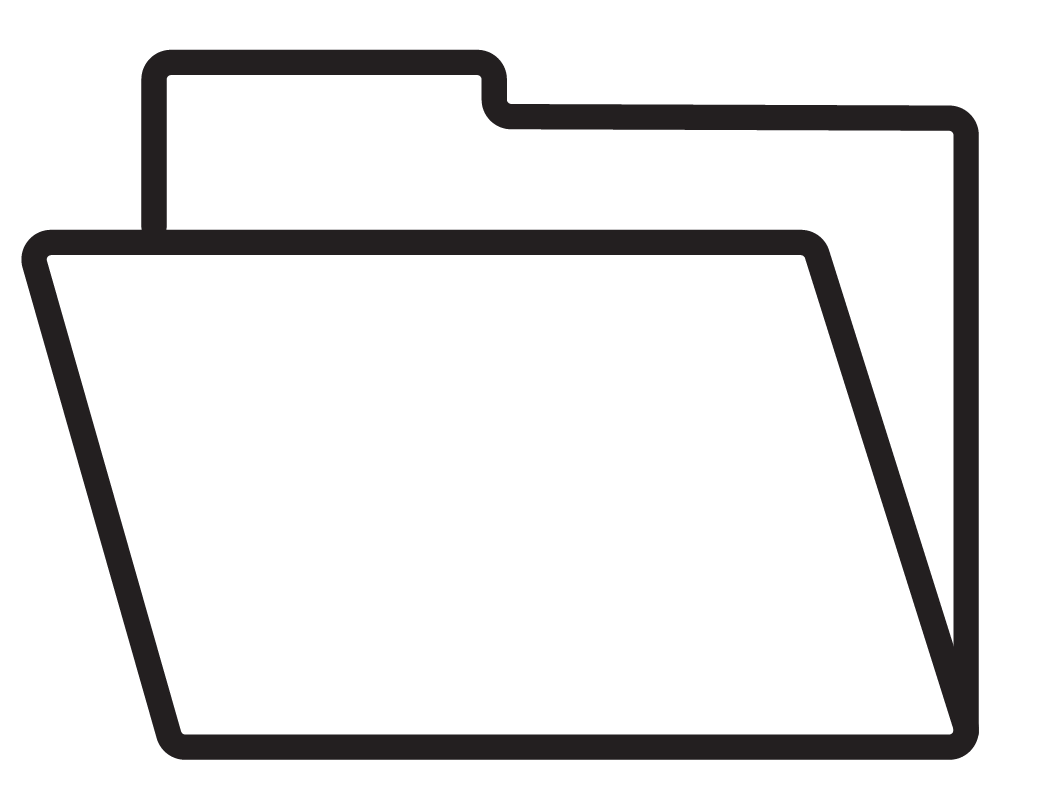The Small Business Owner's Survival Guide to EOFY
Let's face it - you probably didn't start your business because you love paperwork and tax returns. Like most of our clients, you had an exciting vision or passion that drove you. T
hen reality hit: there's a mountain of admin behind those dream-chasing moments. That's where we at The Accounts Department (TAD) come in - because, believe it or not, we actually love the number-crunching stuff!
As your friendly neighborhood accountants in Silverdale, we've put together this checklist to help make your End of Financial Year (EOFY) preparations smoother and less stressful. Our founder Michelle Leigh and the TAD team are all about taking the overwhelm out of accounting, so let's break this down into manageable pieces.
Essential Document Checklist
First things first - let's get organised. You'll need:
All bank statements for the financial year
Business receipts and invoices (both incoming and outgoing)
Employee records and payroll information
Asset purchase documentation
Vehicle logbooks and expense records
Pro Tip: Start organising these documents now rather than leaving them until the last minute. Even better - consider digitising everything for easier management.
GST Compliance Made Simple
GST doesn't have to be a headache. Focus on:
Reviewing your GST returns for the year
Checking for any unclaimed expenses
Ensuring all GST collected has been properly recorded
Confirming payment dates align with IRD requirements
Year-End Profit Strategies
Now's the time to:
Review your pricing structure
Chase outstanding payments
Consider writing off bad debts
Check inventory for obsolete stock
Identify areas for potential cost savings
Looking Ahead
Smart planning for the new financial year includes:
Setting realistic business goals
Creating workable budgets
Planning major purchases
Reviewing supplier contracts
Implementing better systems for the coming year
Don't Miss These Deductions
Common tax deductions many small businesses overlook:
Home office expenses
Vehicle and travel costs
Professional development
Insurance premiums
Equipment and technology purchases
Industry memberships and subscriptions
Making Life Easier with Digital Tools
Consider implementing:
Cloud accounting software
Receipt scanning apps
Inventory management systems
Time-tracking tools
Payment processing solutions
Need Help?
At TAD, we pride ourselves on being different from your typical accounting firm. Our down-to-earth approach means we speak your language, not accountant-ese. We understand that while you're focusing on growing your business, these administrative tasks can feel all-consuming.
Want to make this financial year your smoothest yet?
Book a call to discuss how we could help. We promise to make the numbers less scary and might even make you smile along the way.
Remember: Good financial management doesn't have to be overwhelming. With the right support and systems in place, you can focus on what you do best - running and growing your business.

